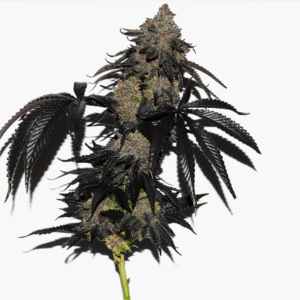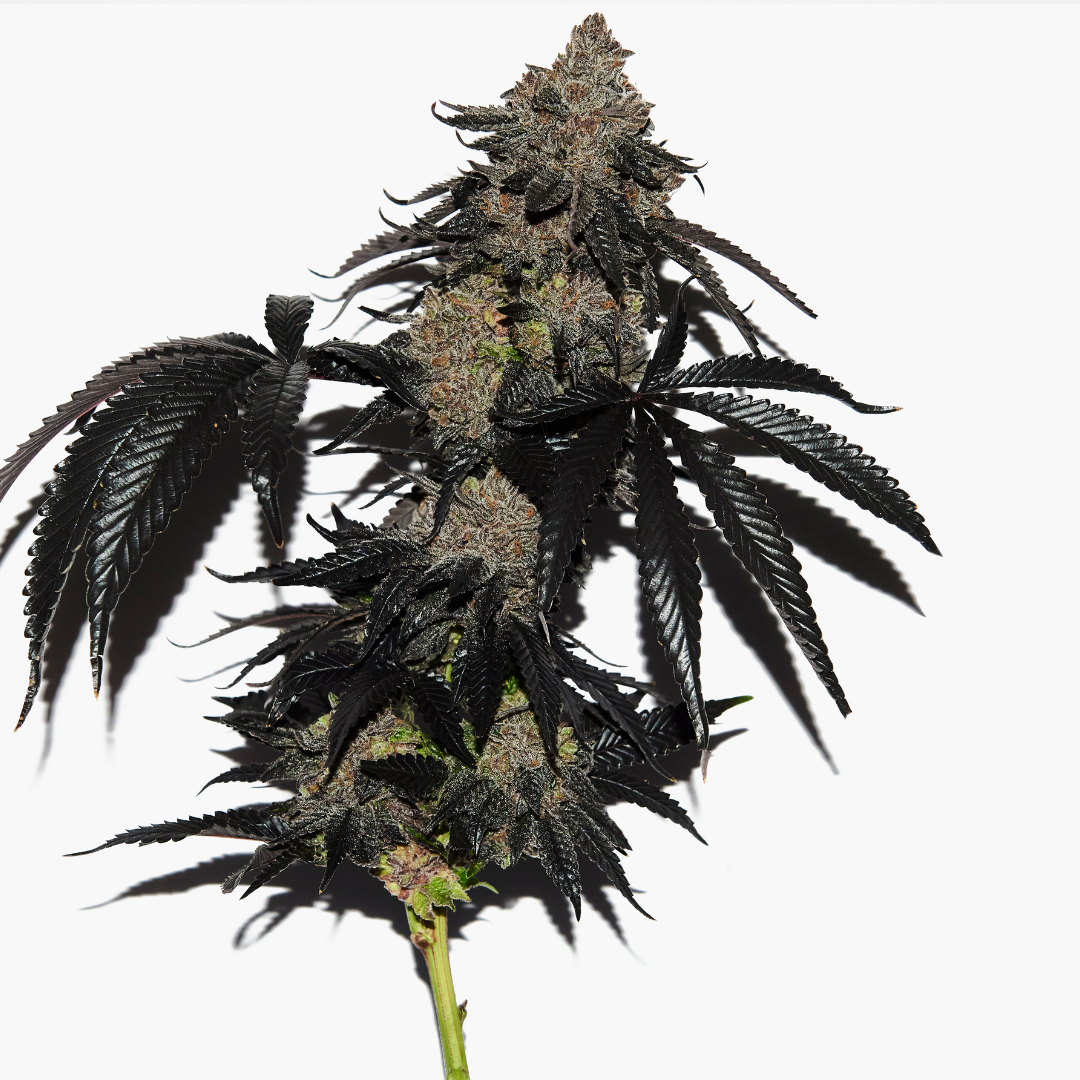 Introduction
Introduction
In the ever-evolving landscape of cannabis regulation, various bodies play a pivotal role in shaping industry standards and ensuring consumer safety. The Food and Drug Administration (FDA), the United States Department of Agriculture (USDA), and international organizations set the stage for a responsible, transparent, and safe cannabis market. This article delves into these regulatory bodies’ roles, shedding light on their contributions to the cannabis industry’s growth, credibility, and global harmonization.
The Food and Drug Administration (FDA)
The FDA, a prominent regulatory authority in the United States, oversees the safety of food, drugs, and other consumer products, including cannabis-derived products. Its primary responsibilities in the cannabis sector include:
- Quality Control: Ensuring that cannabis products meet specific quality standards, especially those related to purity, potency, and safety.
- Clinical Trials: Overseeing research and development efforts, fostering innovation in cannabis-based medications, and evaluating their efficacy.
- Labeling and Packaging: Regulating product labeling to provide consumers with accurate information, including ingredients, dosages, and potential side effects.
The United States Department of Agriculture (USDA)
The USDA holds jurisdiction over hemp cultivation in the U.S. Its vital roles in the cannabis industry encompass:
- Crop Regulations: Setting guidelines for hemp cultivation, emphasizing factors like THC content, and ensuring hemp-derived products comply with legal limits.
- Certification Programs: Establishing programs to certify organic hemp cultivation and promoting environmentally friendly and sustainable practices in the industry.
- Research Initiatives: Funding research to enhance hemp farming techniques, genetics, and production.
International Cannabis Standards
Beyond U.S. borders, international bodies and agreements play a significant role in harmonizing global cannabis standards. Organizations like the World Health Organization (WHO) and international agreements like the Single Convention on Narcotic Drugs work collectively to:
- Ensure Consistency: Develop consistent regulations globally, enabling seamless trade and fostering international collaborations in cannabis research.
- Research Collaboration: Facilitate collaborative research initiatives, promoting the exchange of knowledge and expertise in cannabis science and medicine.
- Policy Development: Aid countries in developing policies that align with international standards, encouraging responsible cannabis use and trade.
Conclusion: Fostering a Responsible and Global Cannabis Industry
The FDA, USDA, and international regulatory standards fundamentally shape the cannabis industry’s future. These bodies contribute significantly to the industry’s legitimacy and positive societal impact by ensuring safety, promoting research, and fostering international collaboration. As the cannabis market continues to expand, harmonizing regulations at the national and international levels remains essential, guaranteeing consumers access to safe, high-quality products and driving innovation within the industry. Through the collective efforts of these regulatory bodies, the cannabis industry thrives as a responsible and globally connected entity, advancing scientific knowledge and consumer well-being.
How we can help you
Cannabis License Experts offers support from day one of starting your cannabis business, including strategic planning, floor plan preparation, site audits, SOPs, Preventive Control Plans (PCPs), and more.
Our Edibles Compliance division can provide you with a solid plan for your edibles business to help get your products on store shelves.
Contact us today for a free consultation, and let us help you get started on the path to obtaining a processing license and running a successful cannabis business!


